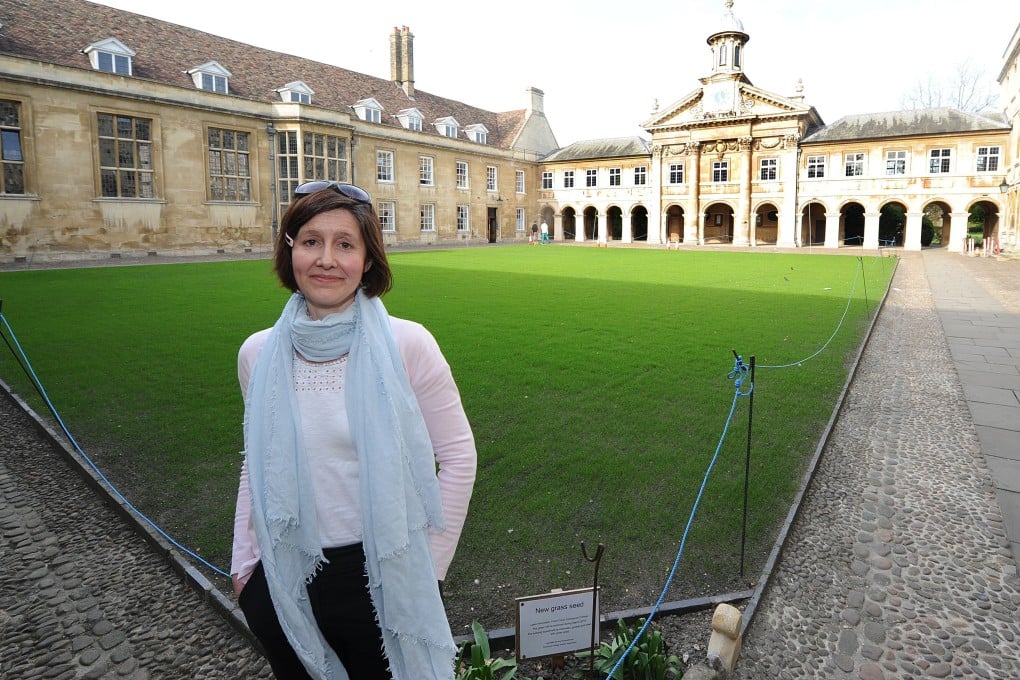Maoism’s inherent contradictions unpacked in China scholar Julia Lovell’s new book
- Mao Zedong was a vehemently autocratic leader yet he compelled his Red Guards to dismantle the party that he himself had built
- Rebels and regimes across the globe have remade Maoism in their own disparate images

Not everyone can identify the moment their life changed, but then Julia Lovell is not most people. An internationally renowned scholar, translator and author, the 44-year-old is today one of the English-speaking world’s leading authorities on China’s modern history, literature and culture.
Almost 25 years ago, however, when Lovell was beginning her undergraduate degree in history at Cambridge University, she knew next to nothing about the country that would define her professional life.
“It was 1995,” she recalls. “At that point China and the Chinese language still felt very remote. It’s often forgotten, but between 1989 and 1992 it seemed very possible China would return to a Maoist model of economic organisation. There were international sanctions against the country.”
Lovell’s British family had no connections to Asia, and although her parents had encouraged a passion for languages, her closest acquaintance with Chinese was having learned a little Japanese at school.
So, when her degree began by surveying China’s history, Lovell was intrigued but conscious of her ignorance. This was the moment her mother pressed a copy of Jung Chang’s Wild Swans: Three Daughters of China (1991) into her hands.
“It was already a huge bestseller. People who wouldn’t normally have read about China were reading this book and saying it was an extraordinary introduction to its 20th century history through these three amazing women. I read it in a weekend and decided I wanted to know more about China.

